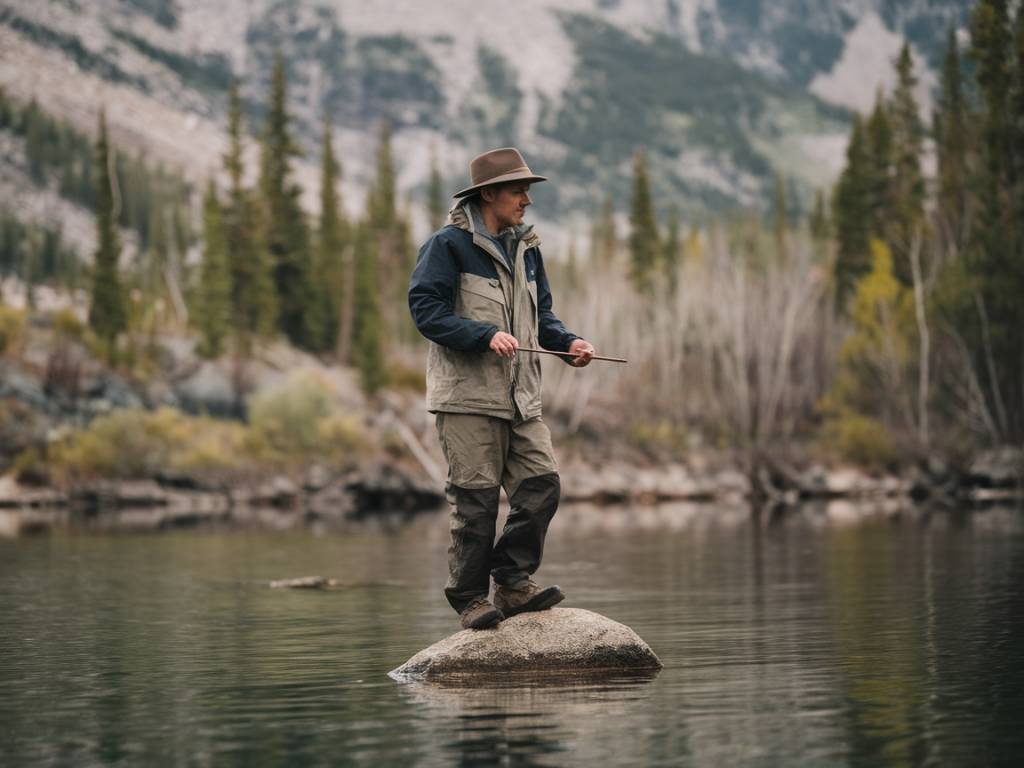Venturing into the remote wilderness is a thrilling and liberating experience. For many, it provides a unique escape from the hustle and bustle of modern life. However, the allure of the great outdoors can also pose serious challenges and unforeseen dangers. This makes survival skills not just beneficial but essential for anyone planning to embark on such an adventure. Armed with the right knowledge and preparation, you can not only survive but thrive in these wild conditions. Below are some indispensable survival skills for anyone eager to take on remote wilderness adventures.
Basic First Aid
When you’re miles away from civilization, medical aid might not be immediately available. That’s why having basic first aid knowledge is crucial. Knowing how to treat wounds, burns, and fractures can make the difference between life and death. Carry a well-stocked first aid kit and familiarize yourself with its contents. Basic items should include adhesive bandages, antiseptic wipes, gauze pads, medical tape, tweezers, scissors, and a CPR mask.
Consider taking a basic first aid course. Many organizations, like the Red Cross, offer comprehensive training that can provide you with the skills needed to handle medical emergencies effectively.
Navigation Skills
In the age of GPS and smartphones, it’s easy to take navigation for granted. However, technology can fail, especially in remote areas where signals are weak or non-existent. Being able to navigate using a map and compass is indispensable. Spend time understanding topographical maps and how to read them. Practice using a compass to orient yourself and plot a course.
Learning to recognize natural landmarks and celestial navigation can also be highly beneficial. These skills not only help you stay on course but also boost your confidence, making your adventure more enjoyable and less stressful.
Shelter Building
One of the top priorities in a survival situation is to secure shelter. Exposure to the elements can be more deadly than many people realize. Knowing how to build a shelter using natural materials can protect you from rain, wind, and extreme temperatures.
A simple lean-to or a debris hut can be constructed with branches, leaves, and other forest materials. Practice building a shelter in different environments to get a sense of how to adapt to various conditions. Carrying a lightweight, portable tarp can also be a lifesaver and accelerate the shelter-building process.
Fire-Making
Fire provides warmth, light, and a means to cook food or boil water, making it an essential skill for wilderness survival. There are several methods for starting a fire, including using matches, a lighter, or fire starters like magnesium rods.
However, it’s also important to know how to start a fire without modern tools. Techniques like the bow drill, hand drill, and flint and steel can be life-saving when conventional methods fail. Always practice different fire-starting techniques before venturing into the wild.
Water Sourcing and Purification
Water is essential for survival, and finding a reliable source can be challenging in remote wilderness areas. Knowing how to locate water sources such as streams, rivers, and natural springs is crucial. Animal tracks, lush vegetation, and low terrain are often indicators of nearby water.
Once you’ve found a water source, purification is the next step. Drinking untreated water can lead to serious illnesses. Portable water filters, iodine tablets, and boiling are effective methods for making water safe to drink. Understanding how to use each method properly will ensure you stay hydrated and healthy during your adventure.
Foraging and Hunting
In an extended survival situation, finding food becomes a priority. Familiarize yourself with the edible plants and berries in the area you’ll be exploring. Carry a guidebook if you’re not already well-versed in foraging, as misidentification can be dangerous.
Hunting is another way to procure food. Trapping small animals or fishing can provide a substantial food source. Learn how to set traps and snares, and bring basic fishing gear. However, hunting requires a good understanding of local wildlife and the appropriate skills, so practice and preparation are key.
Signaling for Help
Even with all the best preparation, emergencies can happen, and being able to signal for help is crucial. Carrying a whistle, signal mirror, and a flare can make you more visible to rescuers. The international distress signal is three sounds or flashes, so keep this in mind when using a whistle or a flashlight to signal.
In addition, knowing how to create ground-to-air signals can be invaluable. Large, visible signs on the ground such as « SOS » or a large, distinguishable X can catch the attention of airborne search teams.
Understanding Weather Patterns
Weather conditions in the wilderness can change rapidly and unpredictably. Understanding weather patterns can help you anticipate changes and prepare accordingly. Learn to read the sky and recognize signs of incoming storms or drastic temperature changes.
Cloud formations, wind direction, and humidity levels can all provide clues about upcoming weather. This knowledge can help you make critical decisions, such as whether to seek immediate shelter or move to higher ground.
Psychological Resilience
Perhaps one of the most underestimated survival skills is psychological resilience. The mental aspect of surviving in the wilderness can be just as challenging as the physical. Remaining calm and collected during high-stress situations can significantly increase your chances of survival.
Meditation, visualization, and practice scenarios can help you build mental toughness. Prepare yourself mentally by thinking through potential challenges and how you would address them. Confidence in your skills and preparation can greatly enhance your ability to survive and thrive in remote wilderness environments.
By mastering these essential survival skills, you can approach your remote wilderness adventures with confidence and preparedness. Equipping yourself with the right knowledge, tools, and mindset will not only enhance your experience but also ensure your safety in the great outdoors.

